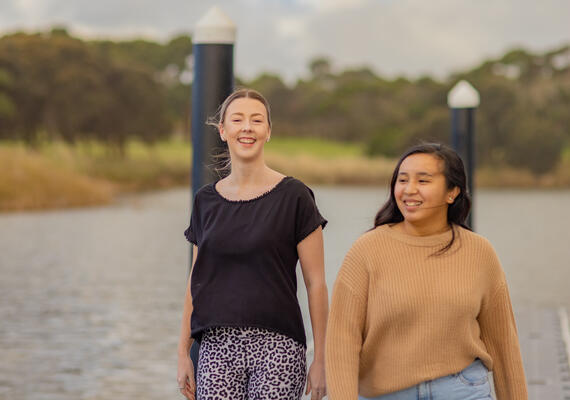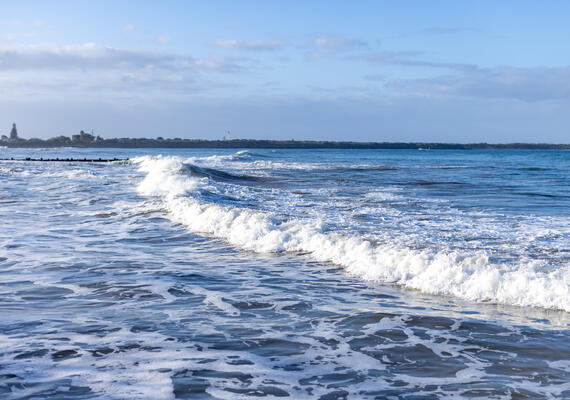Deakin Marine Mapping brings together a team of experts in marine science, spatial science and ecosystem restoration, all focused on advancing our understanding of Victoria’s coastal and marine environments.
Dr Daniel Ierodiaconou is the lab director at Deakin Marine Mapping and an Associate Professor in marine science at Deakin University. A seasoned marine ecologist, Daniel uses multi-disciplinary approaches to study terrestrial and coastal processes, evaluate marine reserves and enhance ecosystem-based management for marine conservation.
Dr Mary Young is a research fellow with Deakin Marine Mapping. Her research focuses on understanding large-scale patterns in marine systems, integrating oceanographic processes, population genetics and seafloor habitats. Her work aims to deepen our understanding of climate change impacts and inform marine spatial planning.
Dr Oliver Dalby is a postdoctoral researcher specialising in spatial science and ecosystem restoration. His primary focus is on seagrass restoration, where he applies remote sensing, suitability modelling, dispersal and connectivity studies and machine learning to develop spatially-informed management strategies for restoring these vital ecosystems.



